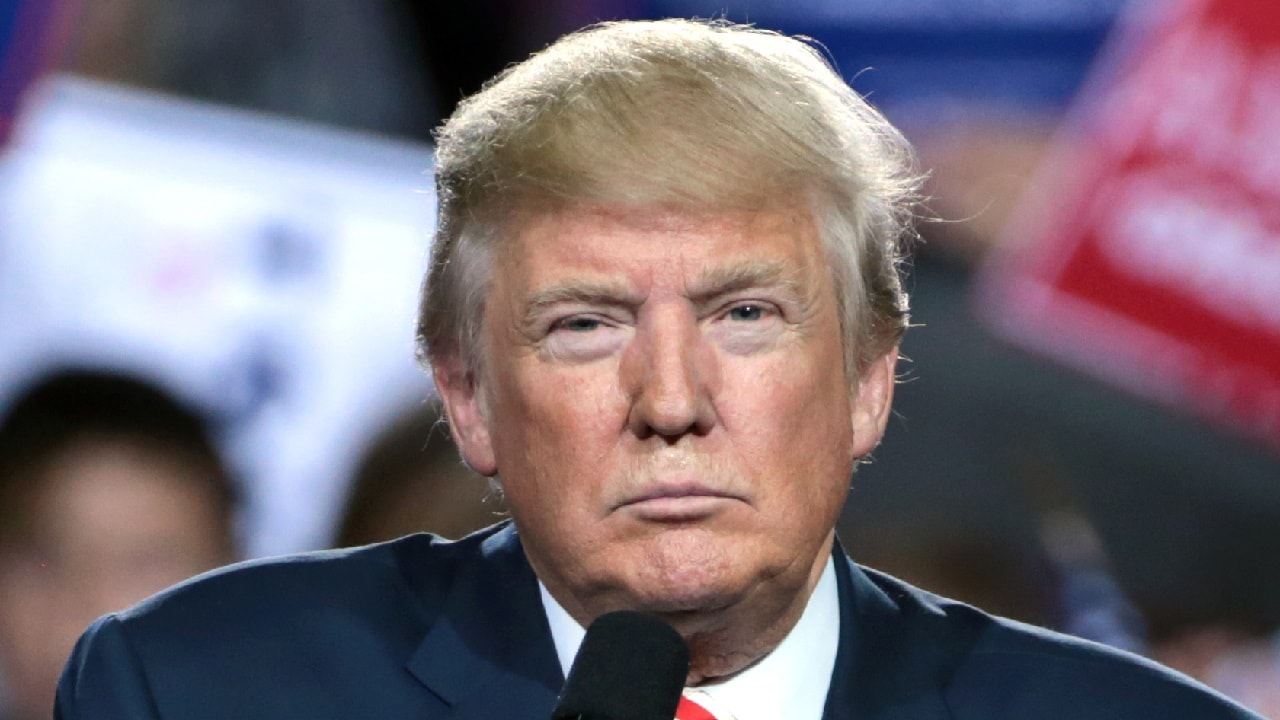Last week, Donald Trump had a partial gag order placed on him by the judge in one of his criminal cases. The order was issued by federal judge Tanya Chutkan and, per Vox, “prevents Trump from going after witnesses, prosecutors, and court personnel who are involved in the federal case examining his attempts to overturn the 2020 election.”
The gag order is not absolute. It only applies to that specific case, although Jack Smith is also the prosecutor supervising Trump’s documents case in Florida. This followed another, also limited gag order in Trump’s civil fraud case in New York, the trial of which is ongoing.
Trump, per the order, “shall not be construed to prohibit Defendant from making statements criticizing the government generally, including the current administration or the Department of Justice; statements asserting that Defendant is innocent of the charges against him, or that his prosecution is politically motivated; or statements criticizing the campaign platforms or policies of Defendant’s current political rivals, such as former Vice President Pence.”
Trump has not reacted well to the news of the order, and has appealed it.
“The judge said basically I don’t have the right to speak,” Trump said after it was issued. “My speech has been taken away from me. I’m a candidate that’s running for office, and I’m not allowed to speak.”
Now, one top legal analyst has written in favor of the order- to ensure the safety of those potentially targeted by the former president-turned-defendant.
Jeffrey Toobin — yes, the guy who lost his job with The New Yorker for shockingly embarrassing reasons — wrote an op-ed for the New York Times Thursday with the headline “Donald Trump is going to get someone killed.”
According to Toobin, Trump has gotten away with things throughout his career, and seems to believe that will always continue to be the case.
“It’s equally important to ask how Mr. Trump’s response to his latest predicament will affect others, especially those who are now targets of his wrath,” Toobin writes.
“Mr. Trump is appealing at least one of the orders, but even if he abides by them, which is by no means certain, the directives do not prohibit the vast range of threats and attacks Mr. Trump has made and shows every sign of continuing to make. The former president’s current language represents an imminent threat to his rhetorical targets and those around them.”
Toobin points out several recent actions by Trump, including when he implied that retiring General Mark Milley should have been executed, and when he baselessly stated that a clerk for the judge in his New York case was the “girlfriend” of Sen. Chuck Schumer (D-NY), based on the clerk and Schumer having once had their picture taken together. He also notes that Trump avoided any criminal charges for incitement to violence on January 6, largely because of how high the bar is for criminal charges in such cases.
And while Trump cannot, for the most part, be prosecuted for his words, Toobin argues that they should be taken seriously.
“If Mr. Trump isn’t called out for his encouragement of violence before it actually takes place, that will bolster his proclamations of innocence when the worst happens; he shouldn’t have that opportunity. Mr. Trump’s statements represent an immediate danger to the targets of his rage and the public at large; it’s Mr. Biden’s responsibility, as well as a political opportunity, to issue that warning.”
So what can the gag orders do?
“Mr. Trump has never respected the norms of political behavior and there’s little reason to think gag orders will provide meaningful discipline either. As on Jan. 6, his supporters shed traditional rules as well,” Toobin writes. “The day is fast approaching when someone picks up a gun or builds a bomb and then seeks to follow through on Mr. Trump’s words. If and when that happens, he will say that he did not specifically direct or cause the violence, and he will probably escape without criminal charges — but the blood will be on his hands.”
Author Expertise and Experience
Stephen Silver is a Senior Editor for 19FortyFive. He is an award-winning journalist, essayist and film critic, who is also a contributor to the Philadelphia Inquirer, the Jewish Telegraphic Agency, Broad Street Review and Splice Today. The co-founder of the Philadelphia Film Critics Circle, Stephen lives in suburban Philadelphia with his wife and two sons. Stephen has authored thousands of articles over the years that focus on politics, technology, and the economy for over a decade. Follow him on X (formerly Twitter) at @StephenSilver, and subscribe to his Substack newsletter.

